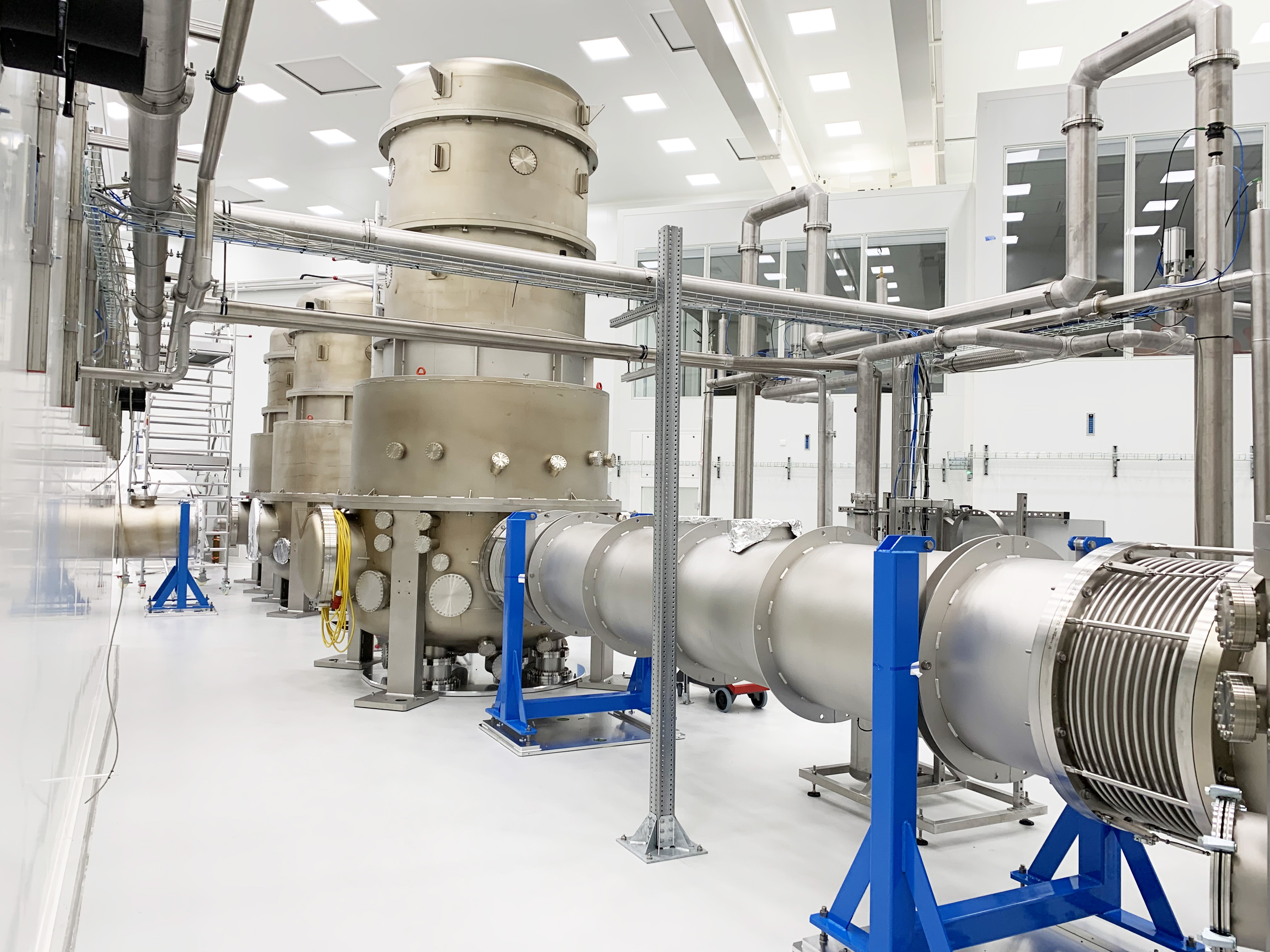MACBETH consortium develops vacuum tubes for Einstein Telescope
In the Vacuum Technology domain, six Dutch companies and knowledge institutes are working together in the MACBETH consortium on a crucial innovation: guaranteed-clean manufacturing processes for the 120 kilometers of vacuum tubes of the future Einstein Telescope, Europe’s most advanced gravitational wave observatory.
The Einstein Telescope will detect gravitational waves deep underground — ripples in spacetime caused by cosmic events such as colliding black holes. This requires an ultra-high vacuum: a pressure of 5 x 10^-11 mbar, one hundred times lower than in the current LIGO and Virgo installations. The challenge is enormous: such tubes must be produced on an industrial scale and remain clean at ISO-6 cleanroom level.
The MACBETH consortium, coordinated by TNO and with partners VDL ETG Technology & Development, VDL KTI, Settels Savenije Group of Companies, SBE and Nikhef, is developing and testing procedures to make this possible.
For example, TNO is testing a plasma technique to remove water vapor and other contaminants, which is far more energy-efficient than the traditional method of heating tubes for days. In addition, an innovative ribbed tube design is being developed — lighter and more cost-efficient than a smooth wall, while maintaining the same strength.
“All process steps can cause contamination — from rolling and bending to transport and welding. With our approach, we want to ensure the tubes remain ultra-clean, even after installation deep underground.”
Peter van der Heijden VDL ETG

The expertise gained during this project also has value beyond the Einstein Telescope. According to Dorus van Leeuwen (VDL KTI), there are clear opportunities for the semiconductor industry, which increasingly relies on large and ultra-clean vacuum installations for chip production.
This development is part of the Einstein Telescope for business program, supported by the Dutch National Growth Fund. Regional development agency LIOF coordinates the national effort, together with the Dutch Ministries of Economic Affairs and Education, and research institute Nikhef. Regional service points at BOM, InnovationQuarter and Oost NL strengthen collaboration across the Dutch high-tech ecosystem.
The Einstein Telescope itself is still in preparation. The Netherlands, Belgium and Germany are jointly exploring a site in the border region. A decision on the final location is expected in 2026 or 2027.
More information about the Vacuum Technology domain can be find here.
